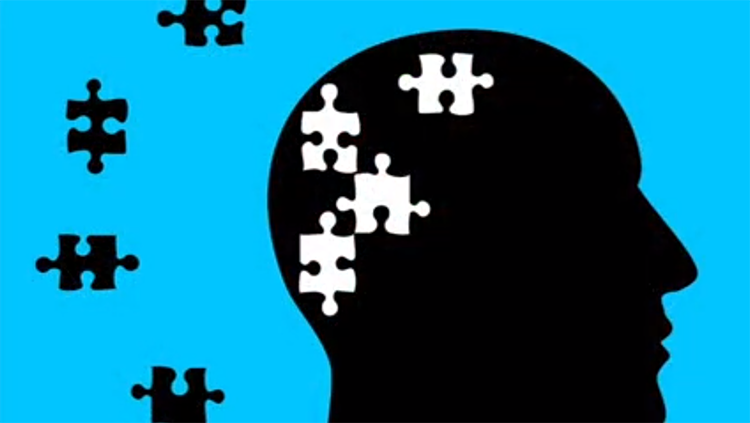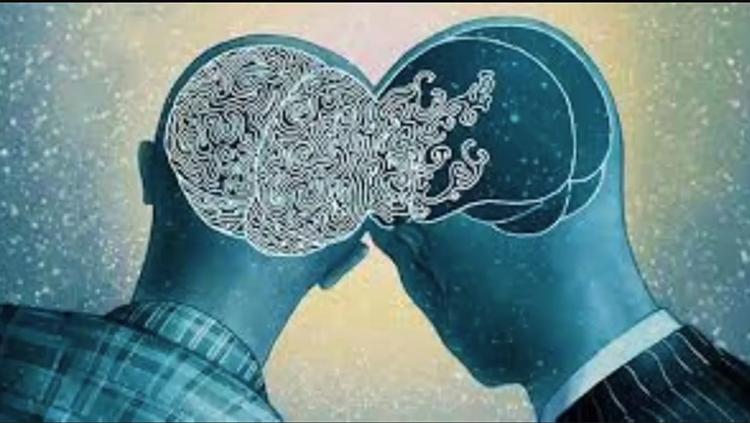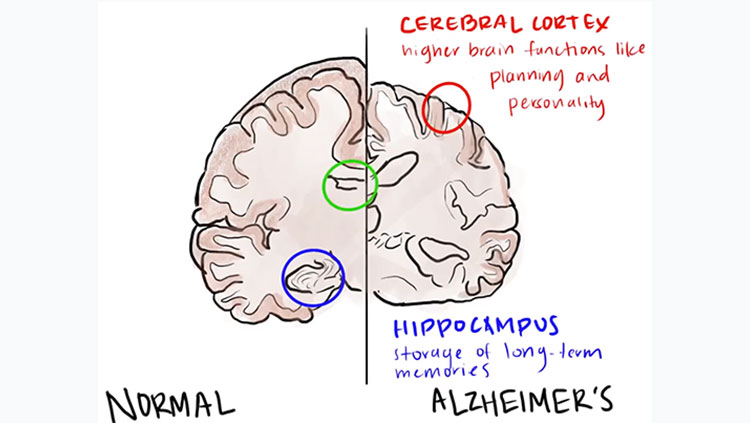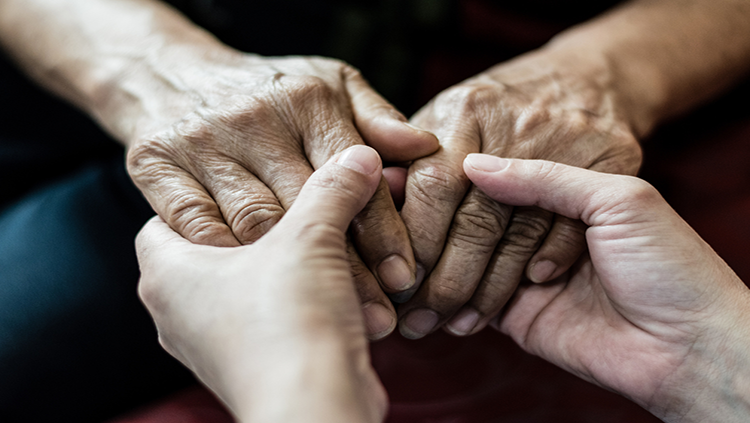Huntington's Disease Empathy Kit
- Published19 Oct 2021
- Source BrainFacts/SfN
Shared experiences and perspective taking can foster empathy and understanding. The exercises in this video will help you understand what it’s like to live with Huntington’s disease, an inherited disorder that destroys nerve cells in the brain.
This is a video from the 2021 Brain Awareness Video Contest.
Created by Erin Clabough.
CONTENT PROVIDED BY
BrainFacts/SfN
Transcript
Huntington's disease is much more than a movement disorder. It affects a person's emotions and thoughts as well. Because HD is a genetic disorder, passed from generation to generation, it also affects families in profound ways.
Empathy can include looking at things from a different person's perspective. There's no better way to understand someone else's life challenges than by having a shared experience. This empathy kit is designed to be completed in a single day, but it will impact the way you view HD forever.
Huntington's disease causes the loss of neurons in a part of the brain that controls movement. Over 90% of Huntington's disease patients have a symptom called chorea, which worsens over time. Chorea is characterized by involuntary, irregular muscle movements.
To experience this, start by printing out or writing this message on three index cards: "If you see a person behaving strangely, it could be because they have Huntington's disease. They may appear distracted or have trouble walking, but if you look closer, maybe you will see the person and not the disease." Put these cards in your pocket or purse for the day.
Next, set an alarm for 11 a.m., 3 p.m., and 6 p.m. When the alarm goes off, perform a chorea-like movement for two minutes no matter where you are. Shift around, seated or standing, while simultaneously rotating your shoulders and arms so they are not in the same place for more than one second. Continue to do this chorea movement for two minutes without pausing or taking a break while still continuing whatever activity you are engaged in. If you receive stares or comments while doing your chorea movements in a public setting, continue to finish the movements anyway. After you have completed the movements, hand one of the cards that you have made to a person who is staring at you or who made comments.
Around 95% of Huntington's patients experience a symptom called dystonia. Dystonia is a neurological movement disorder that causes involuntary muscle contractions, usually in the form of repetitive or twisting movements. Many Huntington's patients who experience dystonia have trouble completing daily tasks, such as brushing their teeth. To replicate the symptoms of dystonia, while you are brushing your teeth in the morning and at night, fully tilt your neck to one side and then tilt your neck fully to the other side, repeating this process every second.
Between 78 to 93% of Huntington's disease patients experience speech difficulties. Speech becomes slower and more slurred as the disease progresses until eventually individuals with HD become nearly impossible to understand. In order to replicate these speech difficulties, set aside some time in the morning. Find a willing partner to engage in a conversation for about five minutes long about any topic. While speaking, you will hold your tongue against your bottom teeth and continue trying to communicate. In addition, when you are about to speak, pause for three seconds and then speak.
Many Huntington's disease patients experience depression. As you know, depression is a complex and widely varied experience. You don't always get to choose your path in life and HD is no exception. Huntington's disease is caused by an autosomal dominant genetic expansion, and if one parent has HD you have a 50% chance of inheriting it. To represent this chance of inheritance and the depressive symptoms, flip a coin each time you get the chance to enjoy a pleasurable activity today. If it's heads, you can do that activity. If it's tails, you should abstain from that activity. The coin flip applies to both social activities, like attending a lunch date with a friend. And it also applies to things you normally enjoy in private, like reading a favorite book. Remember that this activity is meant to mimic loss of control and depressive symptoms, so make sure to take a break from this empathy activity if you feel overwhelmed.
Dementia affects around 76% of HD patients and greatly hinders one's ability to relate to others. Try to have dinner with a friend or family member tonight. During a conversation at dinner, only use short-term memory to respond to them for five minutes. For example, if a friend asks you a question about something that isn't readily in front of you, such as about your plans last week or events that occurred in the past, you must respond "I don't know" or "I am confused." For these five minutes, any questions that involve drawing from prior experiences cannot be answered.
Many Huntington's disease patients have trouble concentrating. Set aside 10 minutes this evening to do something that requires your true concentration, such as a school assignment, a task for work, a game or crossword puzzle, or reading a book. Begin to do the task. Then, while doing the task, simultaneously put on headphones playing a podcast, news, or music. Third, also have a TV show on loudly in the background. For 10 minutes, work on your required ask as a way to simulate a mental disturbance that slows your ability to fully concentrate on what really needs to be accomplished.
If you know someone with HD, talk to them about this kit and listen to their personal experience. Everyone's HD journey is different.
Also In Neurodegenerative Disorders
Trending
Popular articles on BrainFacts.org


.jpg)














